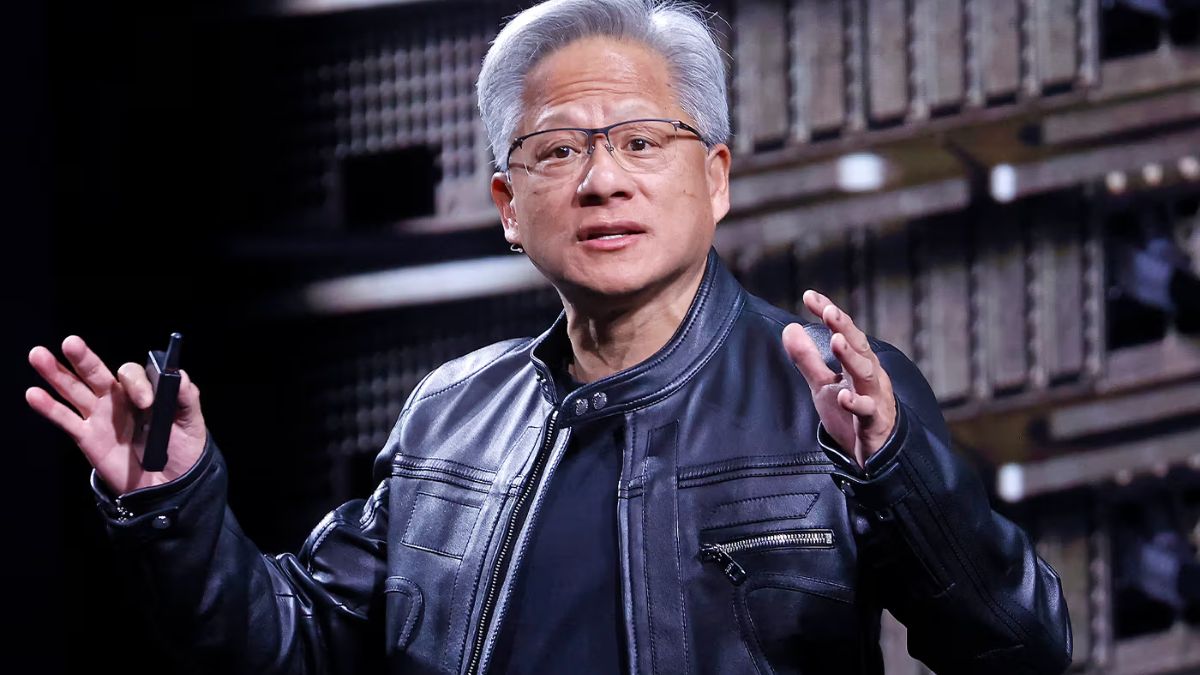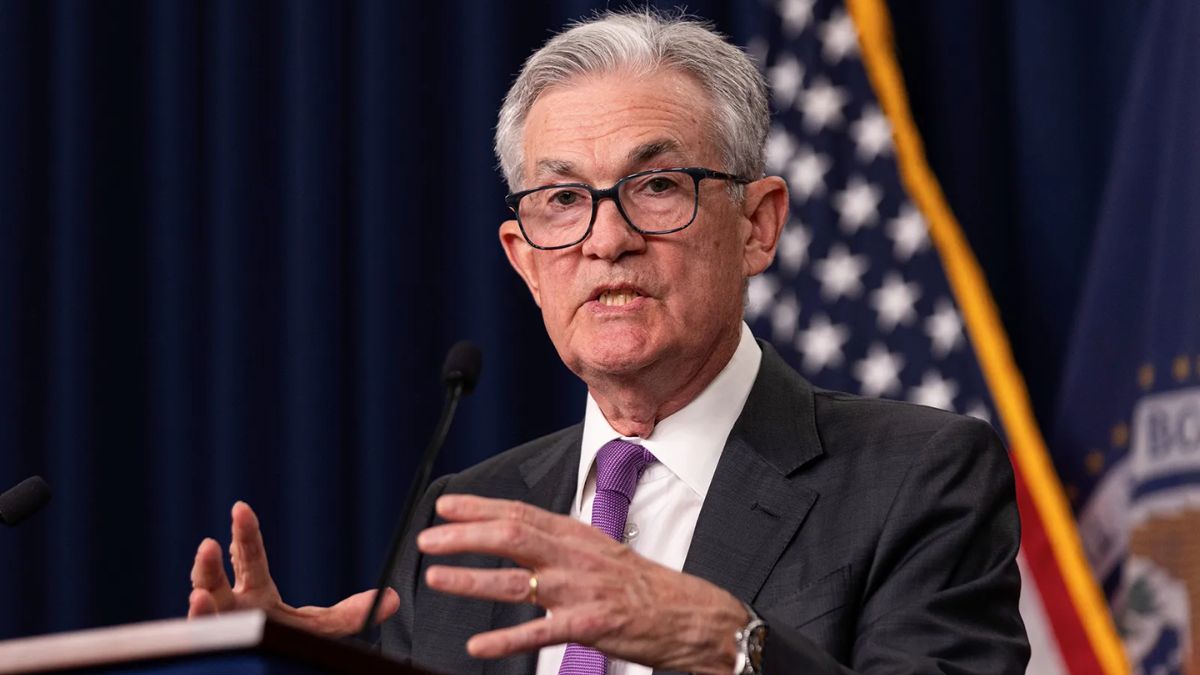NVIDIA CEO Jensen Huang has sparked global attention by stating that China could surpass the U.S. in artificial intelligence (AI) within the next 5 to 10 years. The comments, reported by the Financial Times, were made during a private gathering at NVIDIA’s AI summit in Taipei and have quickly circulated online, fueling debate about whether they were leaked or a deliberate strategic message.
Huang highlighted several factors behind China’s potential lead: heavy government subsidies for data centers, a large AI talent pool of around one million engineers compared to roughly 20,000 in Silicon Valley, and rapid domestic chip production, including Huawei’s Ascend 910C. He warned that U.S. sanctions may inadvertently accelerate China’s self-reliance in AI development.
Following the leak, NVIDIA issued a statement clarifying that Huang’s remarks were intended as a call to action rather than a signal of defeat, emphasizing the company’s commitment to U.S. innovation. Global reactions have been mixed: China’s media framed the comments as confirmation of its technological rise, while U.S. lawmakers criticized them as defeatist.
The market reacted swiftly. NVIDIA shares (NVDA) fell 1.2% after the report but recovered slightly, closing at $142.37 amid broader tech sector volatility. Related companies, including TSMC and suppliers linked to Huawei, experienced minor price fluctuations. Analysts described the initial sell-off as an overreaction, noting NVIDIA’s dominant position in the GPU market as a stabilizing factor.
Observers are divided on the implications of Huang’s statements. Some view the leak as a calculated move to pressure U.S. policymakers on export controls and AI strategy, while others see it as a public relations misstep providing China with an advantage. On social media, debates continue over whether the remarks were a warning or an inadvertent concession.
The episode underscores the global stakes in the AI race, where technology leadership, policy decisions, and market perception are closely intertwined.











